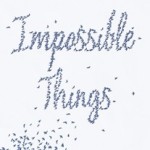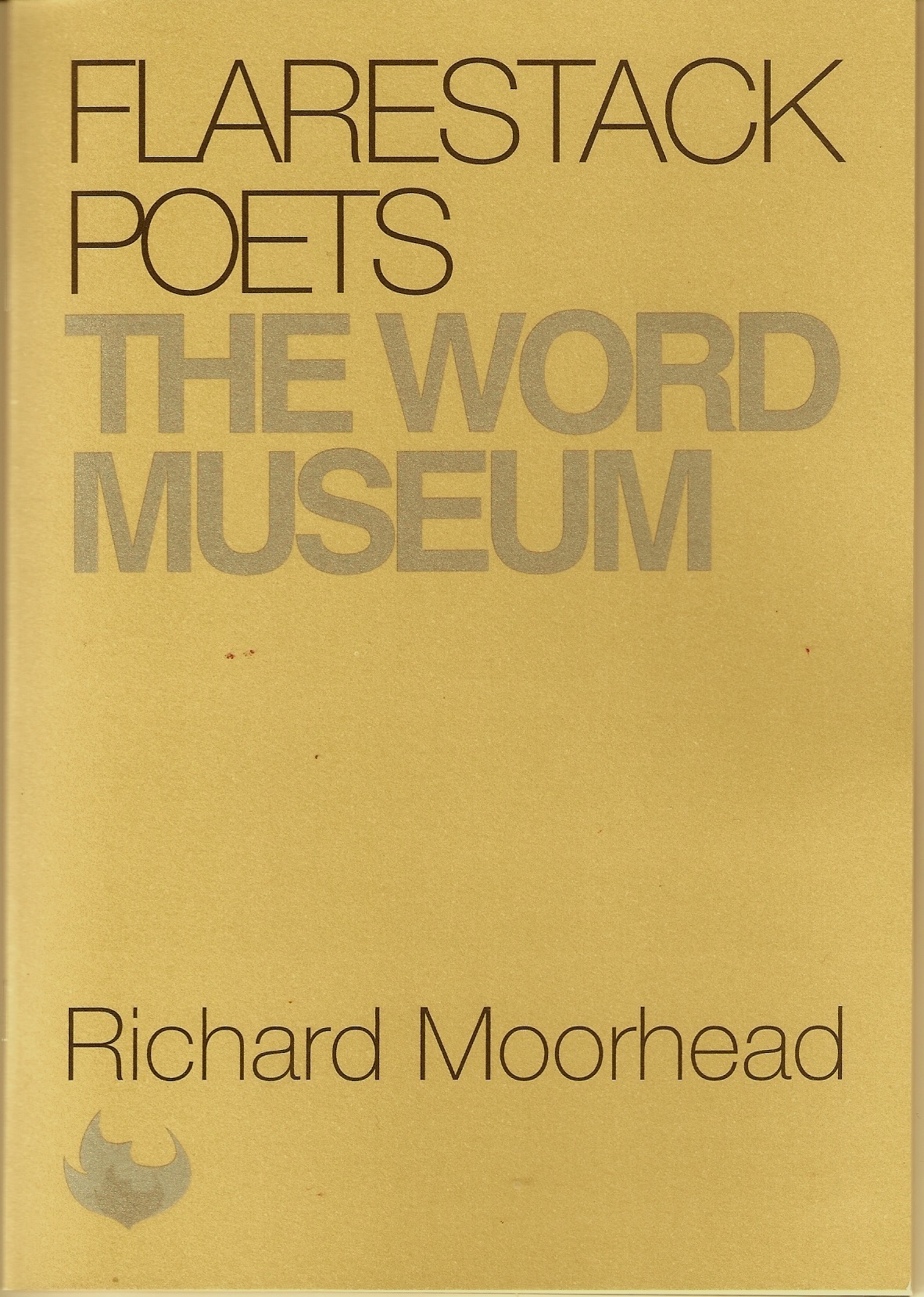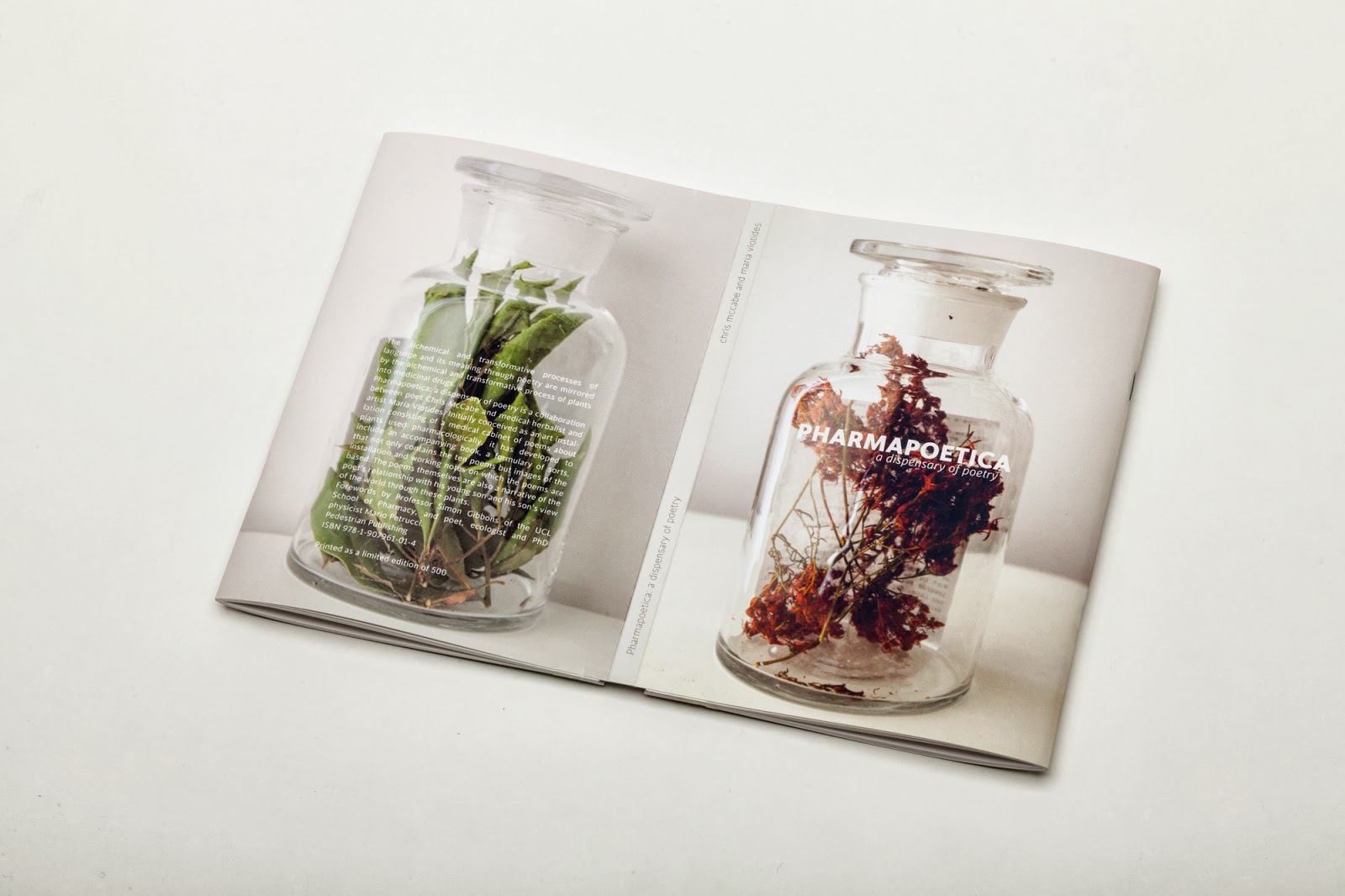Antiphon #1
-Reviewed by John McGhee–
House lights darken. A baton taps. Rows in black tie. Opening night.
The editorial in Antiphon’s premiere issue draws parallels between poetry and classical music: the role in each of pitch and patterns, the flow of sound and the unexpected. So perhaps it follows naturally to find Antiphon’s poems structured as a performance in four acts, complete with prologue, interval and closing ovation.
Antiphon is a quarterly online journal coedited by poet Rosemary Badcoe (incidentally also a moderator of the excellent forum at Poets’ Graves) and poet and writer Noel Williams. The first issue features twenty poems in a range of contemporary styles, from twenty poets, most well-known and widely-published. It is a strong selection for a debut publication.
Catherine Edmunds’ ‘topple and fall’ opens Act 1, inviting the audience to share in its sly rustic fantasy. There is a particular delight in the playful passage ‘and the little dog scampers / pursued by a duck like a dodo, a headless torso / and sphinxes that look out with children’s faces’. Martyn Crucefix’s succinct and assured ‘On foot’ ruminates on the value and effects of ‘treading carefully’ though life. It seems composed with great confidence and there is a succession of delicate images, such as ‘full grown men / ghosting the undergrowth / gliding like phantoms’. The first act concludes to the inflections of Andrew Shields’ biting break-up sonnet ‘The View From Here’, the mythic wanderings of Larry Jordan’s ‘A Way’ and the taut domestic dread of Angelina Ayer’s ‘Breech’.
In Act 2, Norwegian Jane Røken plays a plaintive take on a Celtic standard in ‘It’s not the leaving of Liverpool that grieves me’, accompanied by the sounds of keening voices and the humming and howling wind. The tempo of ‘Cochlea’, Richard Moorhead’s dissection of knotted relationships, increases towards its conclusion, building to the potent lines: ‘Placed four in an empty snail shell. / Crushed them with a click of a heel / as we walked home’. This is immediately followed by a lively moment, when one character voices her – entirely justified – suspicions of the writer-narrator: ‘She said / No doubt you’ll write about that’.
One of my favourite pieces here is James Howard’s ‘Conversations with Guru ii’. It uses humour to contrast with its more sinister elements: from ‘Now guru is doing handstands and making teas and coffees with his feet’ to ‘The large bird crushing my chest has a claw / on my heart’. ‘Why do you live on your own, without any children?’ soundtracks a bittersweet family incident. Michaela Ridgway uses simple rhymes as a technique to draw the reader through the piece: Crocs / socks, with her / weather, not so far / morning star. Cora Greenhill rounds off the first half with ‘Nil by Mouth, week 3’, a graceful reflection on the diminution of the senses in the dying. Its closing notes are certainly affecting: ‘this ballooning happiness, held on rope of grief’.
Curtain down. The audience files to the foyer for its pre-ordered refreshments.
After the interval, consisting of several perceptive reviews and a thinkpiece on ‘truth in poetry’, all worth reading, the performance recommences with Mario Petrucci’s virtuosic ‘when a gaze’. This is reminiscent of his sequence ‘i tulips’, sharing the economy and invention of that collection. Claire Dyer’s ‘Triptych’ is another highlight, with its three permutations of houses and bedrooms transmitting both character and feeling. The ‘rime-hardened fields, / white and unwelcome’ is the setting for John C Nash’s ‘White’, visited by splendidly ominous ‘morning tourists’. The work of living is likened to horticulture in Janet Fisher’s stoic ‘Life and other terms’ and the contemporary and colloquial sonnet of Thomas Zimmerman’s globetrotting narrator in ‘Mind in Flight’ completes Act Three with a flourish.
The final act commences with excerpts from Jan Fortune’s sequence on an abandoned slate mining village, ‘Tŷ Schrödinger’ (which is also featured in the recent first-rate collection of British prose poetry, This Line is Not for Turning). The second section of the extract, ‘Cwmorthin for two voices’, is a chanting cascade where the emptiness, grey and white of the ghost village in winter is fully realised. Brian Edwards’ ‘Eating for Two’ describes childbirth through a succession of bold half-rhymes and well-observed details (including the jolly ‘brief encounter with a tuna-mayo sandwich’). David Harmer’s ‘Archie’s Paris’, a requiem for poet and short story writer EA Markham, reads as a memoir of a New Year’s trip to France. Harmer’s voice, a mourning tourist, stumbles through familiar Parisian landmarks, as echoed thoughts of his friend are called to mind. This is followed by Pippa Little’s ‘The Cartographer’s Morning-After Shirt’, which performs aerial swoops across wheatfields and meadows, like images taken from the Landscape Channel, only more heartfelt. In this poem, a map provides no assistance: ‘you have erased the scale / and I may never get home’. The audience remains in the clouds for the finale, David Callin’s ‘In Babel’: ‘we are rising all the time’ / ‘The eagles will look upward when they fly’.
The Antiphon site has a clean design, is easy to navigate and the smidgen of artwork on the site harmonises but does not overpower. In fact, Antiphon reads rather like a traditional print journal. The poems look good on the screen but it feels like a missed opportunity when an online collection does not find a way to use audio and video. Perhaps some A/V Easter eggs for readers in future issues?
The highest praise for Antiphon #1 is that it does not feel like a debut issue. It has launched fully-formed and already has its own style. To risk oversimplification, it is rather more symphonic than punk, more pastoral than urban, and is diverse and high-quality but not revolutionary or subversive (there is not a single swearword, fairly unusual for an online journal, I think). Antiphon, accomplished and ambitious, is well worth your time.
The orchestra, mute. Applause.







At long last a review that I fully agree with. I leave with the feeling that the reviewer actually took some time reading the contents of the site and grasped the aims of site. Hopefully this will help promote the readership that Antiphon deserves.
Pingback: Published Poetry 2012: a Top 10 « Sabotage
That is exactly how i feel about it.